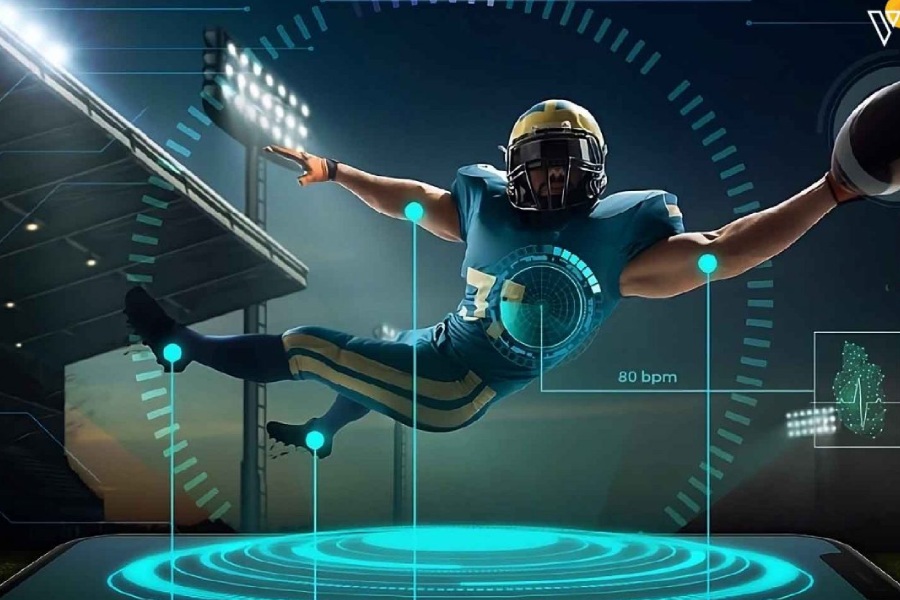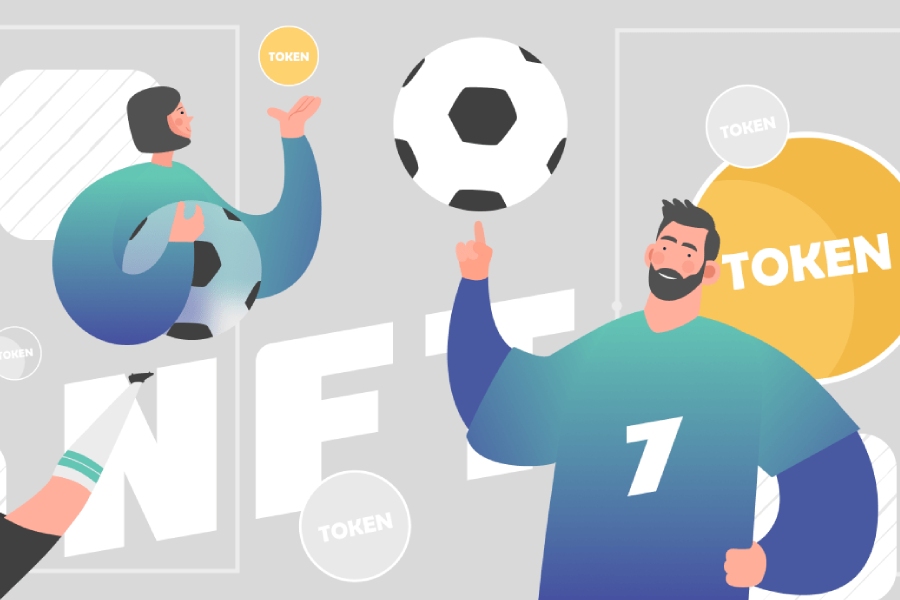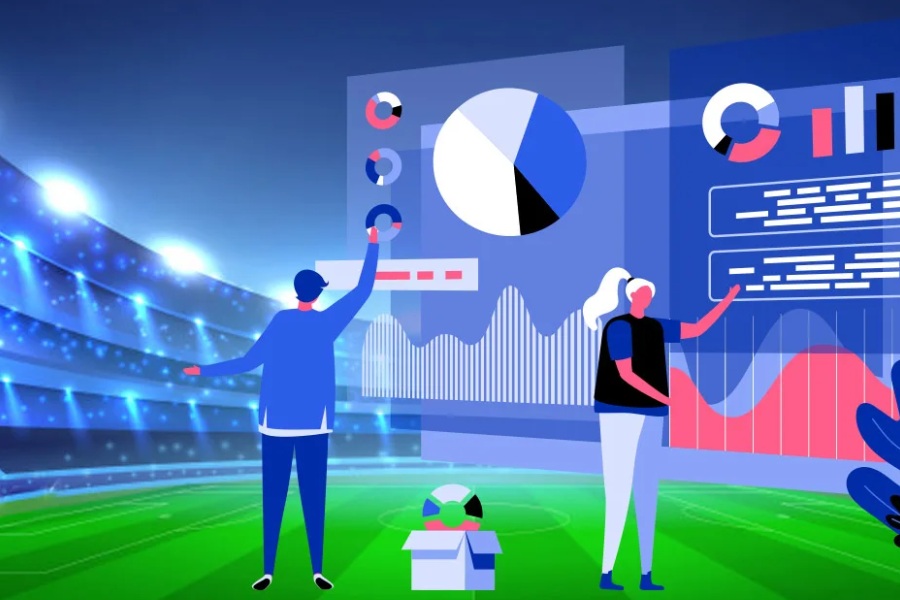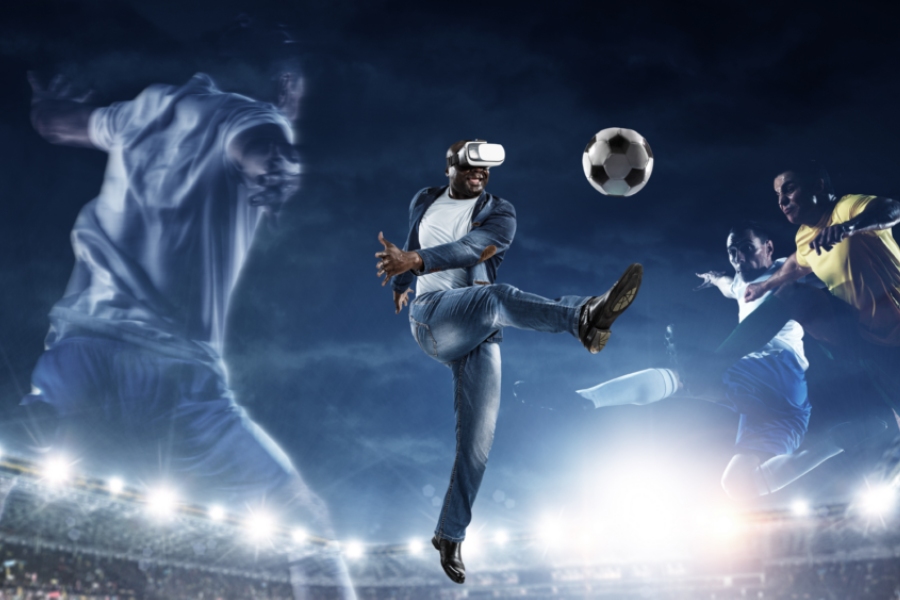In recent years, the sports world has witnessed a growing discourse around the role of referees and the impact of human error in crucial game decisions. Misjudgments and mistakes by human referees can dramatically influence game outcomes, often leading to disputes and dissatisfaction among teams, players, and fans alike. However, with the advent of artificial intelligence (AI), the future of sports officiating is poised to undergo a significant transformation. AI referees offer the promise of minimizing human error, ensuring fairness, and maintaining the integrity of the game.
The Need for AI in Sports Officiating
The role of a referee in sports is crucial yet challenging. Human referees must make split-second decisions under immense pressure, often with limited visibility and no second chances for review. Errors in crucial matches can lead to controversies that tarnish the reputation of leagues and sports organizations. The push towards AI referees is driven by the desire to enhance accuracy in officiating and to provide a more consistent rule enforcement, irrespective of the game or player involved.
How AI Referees Work
AI referees integrate various technologies such as machine learning algorithms, computer vision, and real-time data analysis to make unbiased decisions. These systems analyze live video feeds from multiple cameras around the playing field, capturing every minute detail of the game. Through advanced algorithms, AI can detect fouls, offsides, boundary transgressions, and other infractions with a high degree of accuracy.
For instance, in soccer, AI systems can precisely determine whether the ball crossed the goal line for a goal decision or monitor offside positions by constantly analyzing the players’ locations relative to each other and the ball. Similarly, in sports like tennis, AI-driven systems like Hawk-Eye are already used to adjudicate line calls.
Advantages of AI Referees
- Consistency and Fairness: AI referees can maintain consistent standards for all teams and players, reducing the perceived bias that occasionally arises with human referees. By applying the same criteria for every game and every play, AI ensures a level playing field.
- Reducing Human Error: AI does not suffer from the physical limitations of humans, such as fatigue, poor visibility, or positioning, which can lead to errors in decision-making. This technological approach can drastically reduce mistakes in games that often lead to significant consequences.
- Enhanced Viewer Experience: AI refereeing can speed up game flow by reducing the time taken for reviews and challenges. Quick, accurate decisions keep the game moving smoothly, maintaining the excitement and engagement of fans.
- Real-time Data Analytics: Beyond just making calls, AI systems can provide real-time analytics and statistics during the match, enhancing broadcasts and providing teams with valuable insights into player performances and game dynamics.
Challenges and Controversies
Despite the benefits, the adoption of AI referees comes with challenges. One major concern is the loss of the human element in sports, which some argue is essential for the unpredictability and drama that fans love. Additionally, issues of transparency in how decisions are made and the potential for technical malfunctions need addressing to gain widespread acceptance among all stakeholders.
Moreover, integrating AI into traditional sports is a significant cultural shift that requires changes in rules, the training of officials, and acceptance by players and fans. There is also the question of accessibility and implementation costs for lower-tier leagues and sports.
The Future of AI in Officiating
As technology continues to evolve, the role of AI referees is likely to expand further. Trials are already underway in various sports to refine the capabilities of AI systems and ensure they can handle the complexities of dynamic and fast-paced games. Sports governing bodies are gradually warming up to the idea, driven by the potential benefits of accuracy, fairness, and enhanced viewer engagement.
Conclusion
AI referees represent a revolutionary step in the evolution of sports officiating. While the transition may come with challenges, the potential for a fairer, more precise, and engaging sport is immense. As we look forward, the role of AI in sports is set to become more pivotal, promising a new era where technology and human expertise combine to elevate the game to unprecedented heights.








